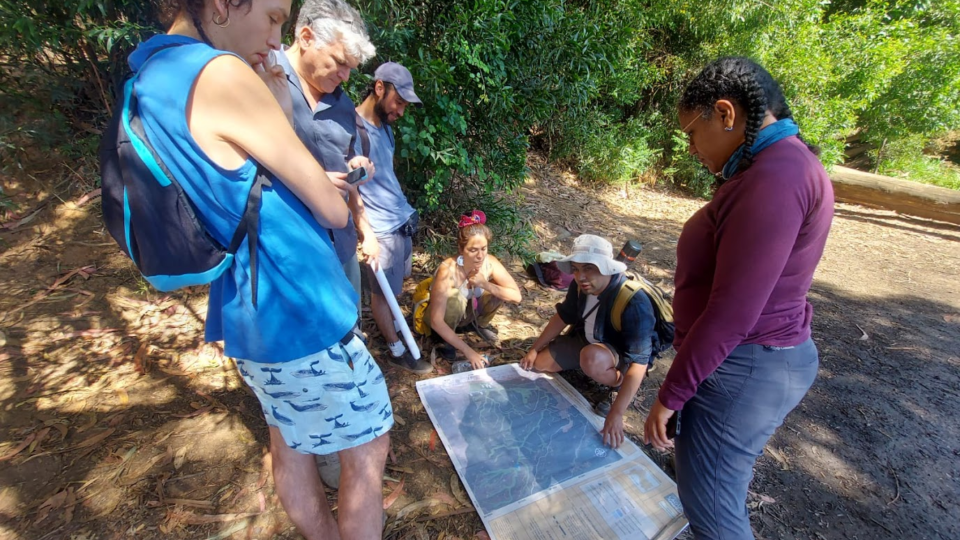What's In Store For LOCSS In 2020
Recently, the LOCSS team gathered for a meeting in Cookeville, Tennessee. Team members from the University of North Carolina, University of Washington, and Tennessee Technological University spent a day setting goals and making plans for 2020 and beyond.
One area of focus in 2020 will be expanding our network of study lakes and citizen scientist volunteers. An area of high priority is New England. We are currently studying a single lake in Massachusetts, but we hope to expand to as many as 20 new lakes in Massachusetts and New Hampshire this year. New England is of particular interest to LOCSS because it is an area where lakes will soon be measured by a NASA satellite called the Surface Water and Ocean Topography (SWOT) mission. It is our hope that the LOCSS network of study lakes and citizen scientists will help SWOT scientists know if the new satellite is making accurate measurements.
In addition to adding study lakes in the United States, we hope to expand internationally as well. We will continue to work with local partners to begin studying additional lakes in France. These lakes will also be important for validating SWOT satellite data. The LOCSS team has also been working with contacts in both India and Pakistan, and we hope to have study lakes in those countries this year.
But our work in 2020 will be more than just adding new lakes. We have nearly three years worth of lake height data for some of our study lakes in addition to lake surface area data. We are working with this data to help us understand if changes in the amount of water in these lakes is driven more by local factors or regional ones. We plan to do much of this in 2020, and we will report our findings here on our website as they come. We also plan to share what we have learned about our citizen scientists from a fall 2019 survey, as well as our work in understanding how accurate citizen scientists can be when submitting lake height measurements.
We have many exciting things in store for 2020. We will continue to work with local partners and citizen scientists around the world to better understand our lakes. To be kept up to date, be sure to keep an eye on our website and sign up for our monthly email newsletter.
LOCSS News
We share stories about the lakes in our study, our partners and volunteer citizen scientists, as well as interesting results from our research.





